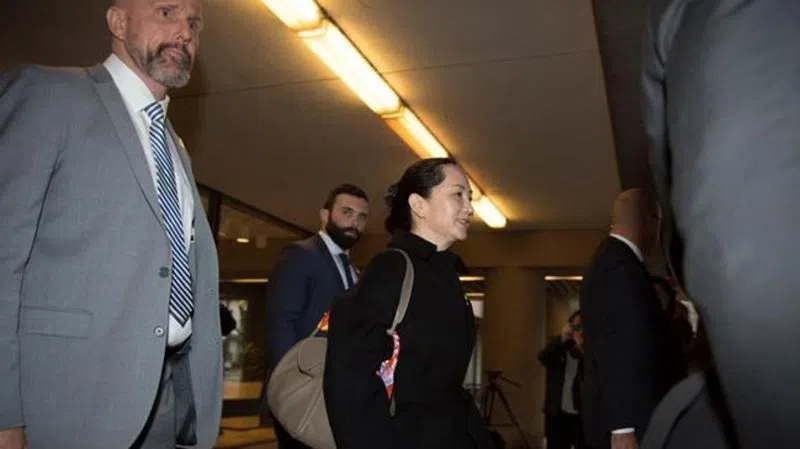
First phase of Meng Wanzhou extradition hearing to conclude today
VANCOUVER — Lawyers for Meng Wanzhou are set to reply today to Crown arguments as the first phase of an extradition hearing for the Huawei executive draws to a close.
The British Columbia Supreme Court hearing this week has focused on the legal test of double criminality, or whether the conduct Meng is accused of would also be a crime in Canada.
The United States has charged Meng with fraud over allegations she lied to HSBC about Huawei’s relationship with an Iran-based subsidiary, putting the bank at risk of violating American sanctions.
Her arrest in December 2018 at Vancouver’s airport set off a diplomatic uproar with Beijing detaining two Canadians and restricting some imports in moves widely viewed as retaliation.


